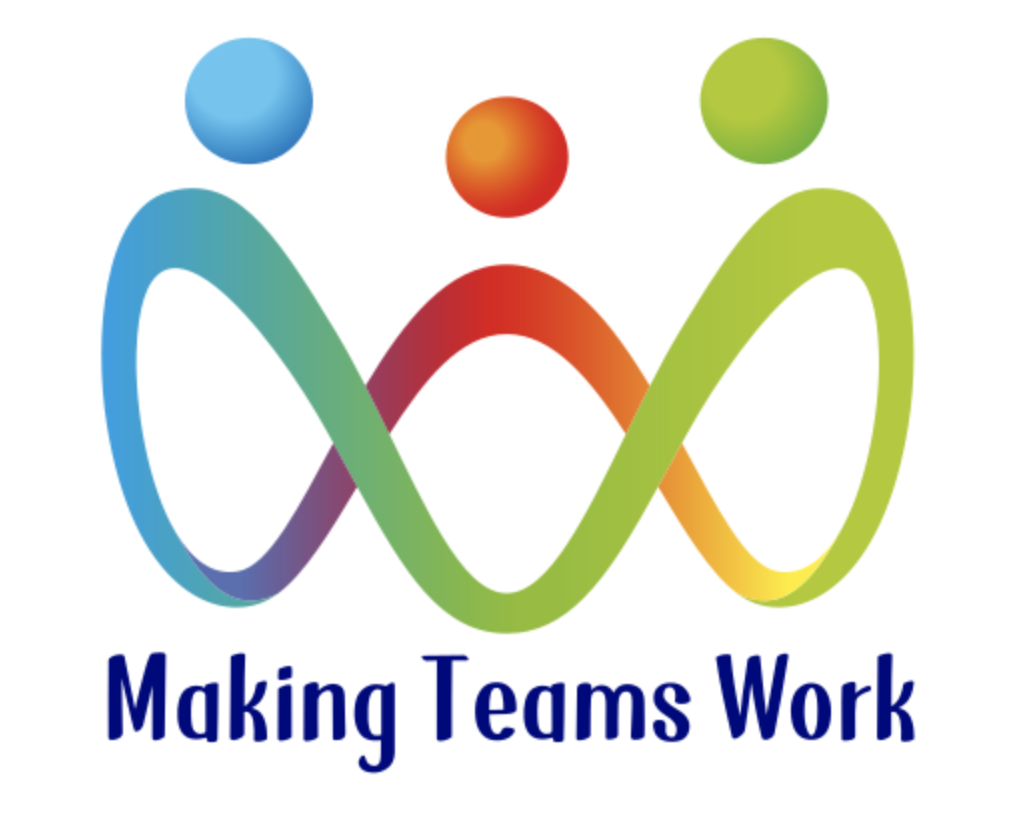All projects inherently include change, but many organisations fail to consider or lead that change adequately.
This module aims to provide participants with a simple, memorable model for running projects and leading the accompanying change programmes. The project management model can be seen as an umbrella view of the ‘industry standard’ methodologies such as Prince2 or APMP etc. It has been delivered to finance staff from many NHS organisations since 2015.
1: The SAMI project management model
This session will introduce a simple model that encompasses the core elements of the so-called standard approaches. Rather than defining detailed steps and language to be used, this model gets to the heart of what all projects consist of: Setting the project up, taking action in line with that, Monitoring what happens and how tasks progress and issues arise, keeping stakeholders informed, and repeating the Act/Monitor/Inform phases until completion. The importance of the flow between each phase and benefits and challenges of taking a cyclical (Agile) approach will also be covered.
2: The Setup Phase
This module will see participants considering all the elements of project setup, including the ‘Why” and its importance to drive stakeholder engagement.
Participants will explore the Setup phase of the SAMI model, core deliverables and thinking, and be Introduced to the PM workbench (excel tool). They will identify all the elements that need to be in a project brief and (in small groups) create one for a given case-study.
3: The Act Phase
This session will continue to use the case study and setup material created to conduct the Act phase of the project. We will explore the Act phase and use it to refine the project brief, as well as use the PM workbench. The case study will progress through several steps, each of which will provide a challenge and additional learning opportunity. In addition, we will touch on what prevents people from acting and how to overcome those challenges.
4: The Monitor phase
This session will use the case study to conduct a monitor phase. We will explore techniques for simple, yet effective monitoring.



